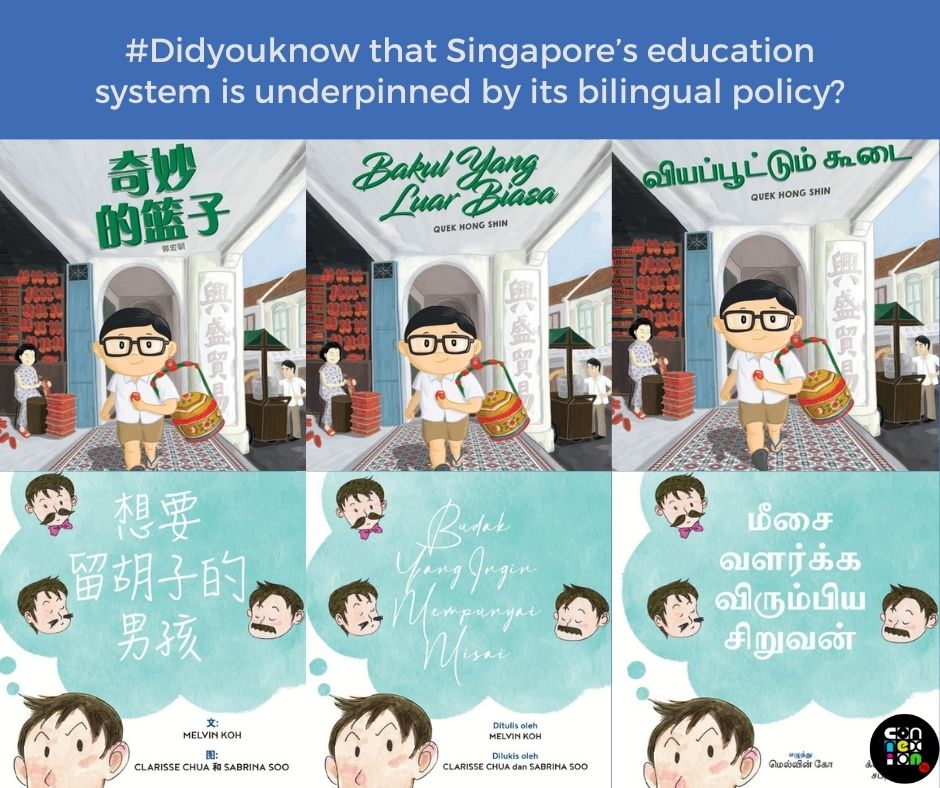Our Mother Tongue and Language Proficiency
30 September 2024
Our Mother Tongue and Language Proficiency
This article has been migrated from an earlier version of the site and may display formatting inconsistencies.

Watch the video here: https://www.instagram.com/reel/DAgayyUyg7o/?utm_source=ig_web_copy_link&igsh=MzRlODBiNWFlZA==
#Didyouknow that Singapore’s education system is underpinned by its bilingual policy, which also plays an important role in our culture and heritage?
Singapore’s long-standing bilingual policy requires all Singaporeans to study the English language and their respective mother tongue language as part of formal education. English is taught because it is Singapore’s official working language; while the three official mother tongue languages - Chinese, Malay and Tamil - serve as a way to strengthen one’s values and sense of cultural belonging.
In a study by the Institute of Policy Studies in 2020, over 61% of young parents (from 26 to 35 years old) used English most frequently with their children, as compared to older parents (from 56 to 65 years old).
What does the increased utilisation of the English language at home really mean to Singapore and Singaporeans?
On one hand, some are concerned with Singapore inching towards monolingualism in the future, which could result in an eventual loss of linguistic diversity and cultural heritage among younger generations. We may also lose our bilingual and bicultural edge that had allowed Singapore to connect with other countries and maintained a unique global competitiveness.
On the other hand, some may argue that English is seen as a unifying language in the workplace as well as at home. This is especially so with an increasing number of interracial and transnational families where English is used to communicate at home. Furthermore, one’s cultural identity and heritage need not only be shaped through mother tongue languages but through shared celebrations like Chinese New Year, Hari Raya and Deepavali.
What do you think? How important is our mother tongue language to our culture and heritage? We would love to hear your thoughts below!
Photo credit: National Library Board, Singapore. To promote bilingualism from a young age, NLB translates children’s books from English to the three mother tongue languages. If you are interested, you can borrow these titles through the NLB Mobile app or at any of NLB’s public libraries.
